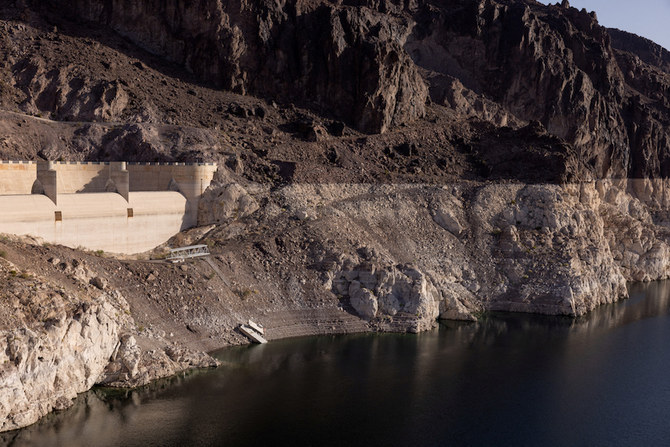
“Let me tell you the difference between Facebook and everyone else, we don’t crash ever!” Jesse Eisenberg’s Mark Zuckerberg said in The Social Network (2010).
“If those servers are down for even a day, our entire reputation is irreversibly destroyed!”
In the past month, it hasn’t been Facebook’s servers causing the social media empire major headaches.
A plan to build a version of Instagram for kids was paused, after leaked internal research showed the company was aware the app could affect girls’ mental health. On Sunday, Facebook was accused of prioritising growth and profit over the public good, after the site’s former civic integrity product manager, Frances Haugen, went public.
But then, on Monday, it actually was the servers. An almost six-hour outage saw Facebook vanish from the internet.
The error was one of its own making. At around 5pm UTC that day, Facebook made a configuration change to the backbone routers, which coordinate network traffic between the company’s datacentres.
The change had the effect of telling the Border Gateway Protocol – effectively the post office of the internet – there were no directions to find Facebook’s servers when people tried to access the site or any of its other services.
“Today, the directions for how to get to Facebook’s DNS server’s addresses weren’t available,” Cloudflare’s senior vice-president of engineering, Usman Muzaffar, said. “Without being able to contact the DNS servers, visitors trying to reach a Facebook property, like facebook.com, will not get an answer and so the page won’t load.”
“In our experience, these usually are mistakes, not attacks.”
Through Facebook’s assimilation of the competition over the years, the error also brought down Messenger, Instagram and WhatsApp.
But it didn’t stop there. The outage also brought down Facebook’s internal systems, including its Workplace internal comms platform, and the security system. This meant staff couldn’t use their passes to access the building. A team of engineers reportedly had to be sent out to manually reset the servers in California.
Twitter joked “hello literally everyone” during the outage, as even Facebook executives were forced to resort to the that platform to communicate the news.
It’s easy to joke that the Facebook outage meant a bunch of boomers would have to do their vaccine research elsewhere, or peace on earth suddenly broke out, but the reality was more serious.
For businesses that run on Facebook or Instagram, it meant potential lost sales. For services that use Facebook as a login service, new users could not be authenticated. For parts of the world, like south-east Asia, where Facebook is the internet or WhatsApp is the dominant method of communication, the impact is much greater.
Those, like Democrat Senator Alexandria Ocasio-Cortez, who are arguing for Facebook to be split back down into smaller companies, Monday’s outage is a powerful argument in favour.
“If Facebook’s monopolistic behavior was checked back when it should’ve been (perhaps around the time it started acquiring competitiors like Instagram), the continents of people who depend on WhatsApp and [Instagram] for either communication or commerce would be fine right now,” she tweeted.
“Break them up.”
The internet by its very nature should be decentralised, but through the course of the past year, through three high profile outages with Cloudflare, Fastly, and now Facebook, we’ve seen the achilles heal(s) exposed. Single points of failure that can inflict a lot of damage across the internet.
In each instance, it is telling that the immediate thoughts many have is the cause is some malicious attack, or a nation state actor launching a strike, where in each case it has been a fault, or human error.
For Facebook, the incident shows just how siloed the internet has become into such a small number of companies. Regulators in the United States, and across the world will be pointing to this example in making a case to break the company up, or block any future acquisitions.












